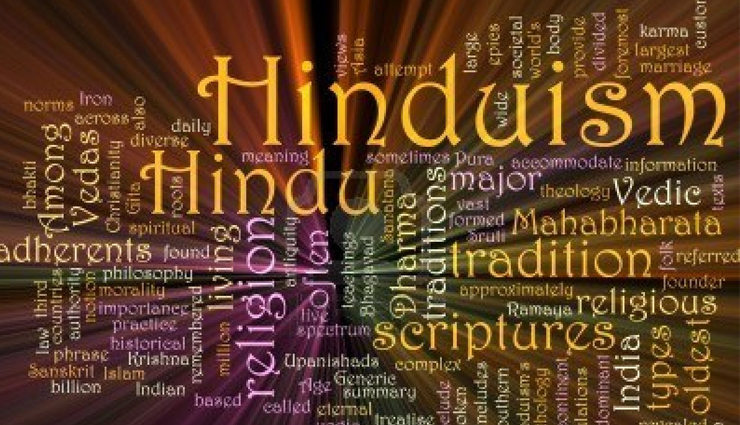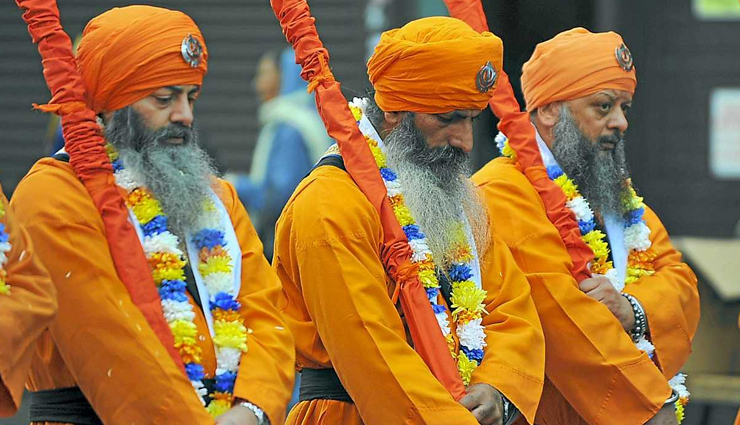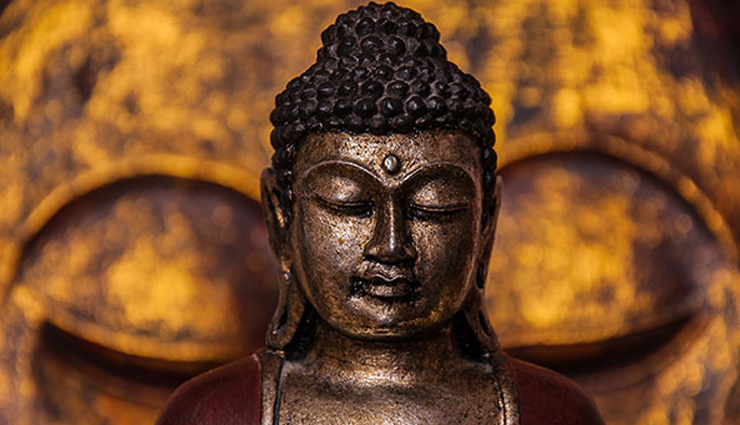Meaning Of Fasting In Every Religion
By: Priyanka Maheshwari Tue, 27 June 2017 05:24:59

Every religion has their own ways to do offerings to God. An they all have different ways to impress their God. One of the ways to show your devotion towards your God is through fasting. Fasting is the process in which a person do not eat half day or for whole day. it is a major part of every religion. Let us know what it means or how it is performed in every religion-
Hinduism

Fasting is very important part of Hinduism. Fasting on the particular special days is said to be beneficial for impressing the deity. During fasting, one is allowed to drink water. One should break the fast in the evening. Timings for fast is from sunrise to sunset or else 12 a.m to 12 p.m i.e. 24 hours. Eating non-vegetarian food is not allowed during fast.
Islam

Fasting in Islam is known as Sawm or siyam, were sawm means to abstain from eating and drinking during daylight hours. Muslims are prohibited from eating, drinking and engaging in conjugal sexual relationships from dawn (fajr) to sunset (maghrib). This is in addition to the standard obligation already observed by Muslims of avoiding that which is not permissible under Quranic or shari`a law (e.g. ignorant and indecent speech, arguing and fighting and lustful thoughts). Without observing this standard obligation, sawm is rendered useless and is seen simply as an act of starvation. The fasting should be a motive to be more benevolent to the fellow-creatures. Charity to the poor and needy in this month is one of the most rewardable worships.
Sikhism

Sikhism is against pilgrimages and fasts, whatever may be the socio- political, religious, traditional or cultural justifications which may be extended by anyone.
Christian

Biblically, fasting is abstaining from food, drink, sleep or sex to focus on a period of spiritual growth.
Buddhism

Fasting in the monastic community is considered an ascetic practice, a "dhutanga" practice. Dhutangas are a specific list of thirteen practices, four of which pertain to food: eating once a day, eating at one sitting, reducing the amount you eat, on alms-round, eating only the food that you receive at the first seven houses. These practices are adopted by individuals voluntarily, they are not required in the normal course of a Buddhist monastic`s life of practice.





